Fertilizing
Importance of fertilizing
- The growing plant in the container has limited supply of nutrients through water, soil and sunlight. Just how as humans, we sometimes need an extra dose of vitamin supplements despite having them present in our food, in the same manner plants too need to be supplemented with extra nutrition. This nutrition can come from fertilizers.
- Since soil conditions in container plants are mixed and not sufficient, container plants need continuous fertilizer supplements.
- For container plants, it is a common practice to combine plants in one large pot or accommodate many plants in a small zone. This leads to higher demand of food supply, nutrients and fertilizers requirement.
Basis of fertilizer selection
Fertilizers are especially important when you’re growing vegetables in small and medium size containers. Container plants lose more nutrients due to water drainage which results in shortage of nutrients. It is recommended to use a granular organic water-soluble fertilizer into the soil when planting or preparing the soil mix itself. After fertilizing, select the frequency of watering based on the necessity. While some plants require daily watering some plants may require weekly watering depending on the fertilizer used.
Organic and Inorganic Chemical Nitrogenous Fertilizer types
Based on the manner in which Nitrogen combines with other elements, fertilizers are grouped as:
- Sodium Nitrates
- Ammonium Sulphate and ammonium salts,
- Chemical compounds that contain Nitrogen in amide form, and
- Animal and plant by-products.
Organic Nitrogenous Fertilizers
Organic Nitrogenous fertilizer is a type of fertilizer that includes plant and animal by-products. These by-products include oil cakes, fish manure and dried blood. The Nitrogen available in this fertilizer, first has to be converted before it can be used on plants.
Organic and Inorganic Chemical Phosphate Fertilizer
The Phosphate fertilizers are categorized as natural phosphates, either treated or processed, and are also by-products of phosphates and chemical phosphates.
Organic and Inorganic Chemical Potassium Fertilizer types
Chemical Potassium fertilizer is required only when there is a Potassium deficiency in the garden soil. Potassium fertilizers also work well in sandy garden soil that responds to their application. Crops such as chilies, potato and fruit trees can all benefit from this type of fertilizer since it improves the quality and appearance of the produce. There are basically two different types of potassium fertilizers –
- Muriate of potash (Potassium chloride)
- Sulphate of potash (Potassium sulphate)
Why do we need different types of Fertilizers?
Plants require different nutrients based on different pH levels in the soil. However, organic fertilizers have more diversity, and these types of fertilizers do not burn plant roots, get into ground water or affect surrounding growth as is the case when using different types of chemical fertilizers and NPK amendments.
Chemical and organic fertilizers that are usually commercially available in most countries can be categorized into:
Complete inorganic fertilizers: –Inorganic fertilizers contain all three major macro nutrients, Nitrogen (N), Phosphorous (P) and Potassium (K). Macro nutrients are depicted as a ratio, e.g. N:P:K = 2:3:2 (22).
Special purpose fertilizer: – Fertilizers are formulated especially to target certain plants’ requirements or certain soil deficiencies. Eg: Blue Hydrangea Food.
Liquid fertilizers: – in this type, Fertilizers come in a variety of liquid formulations and they may include other type of organic fertilizers, complete fertilizers as well as special purpose fertilizers.
Slow-release fertilizer: – In this method, fertilizers are formulated to release their nitrogen at a steady pace. For example, When buying such a fertilizer, look for ratio of 3:1:5 (SR) where the SR indicates slow-release.
Fertilizer with insecticide: – Fertilizer are combined with an insecticide and later used for the plants.
Home made Fertilizers:
Apart from market available fertilizers, kitchen is also a good source for fertilizer production. We use all the kitchen waste and convert it into a compost. This is organic and great for the environment. It is also very good for plant growth.Both, worm compost and worm-less composts can be easily made at home.
For more information on Compost preparation Click here

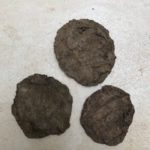
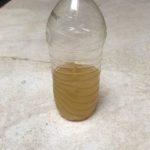
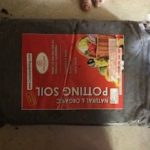
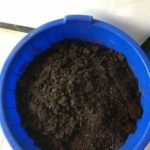
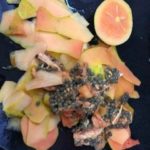

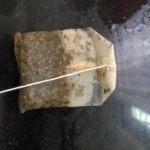
For fertilizer requirement, i have designed home made compost system. Items used are shown in the page. It includes all type of Kitchen wastes, Cow dung, Cow urine, fruits feels, waste papers. It is recommended to avoid salt items to the compost. If required, you may provide supplements or additional fertilizers available in the market as well.